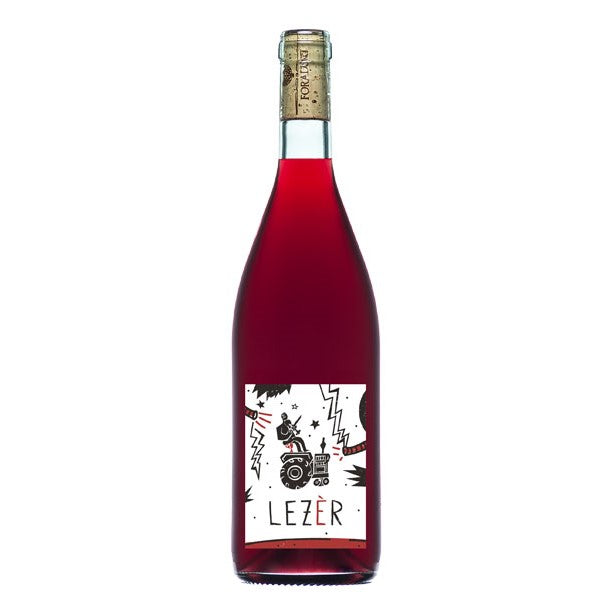Foradori, Lezer Teroldego 2021
- Red
- 750ml
- ABV 12.0%
Country: Italy
Region: Trentino Alto Adige
 Grape Blend: Teroldego 100%
Grape Blend: Teroldego 100%
We deliver throughout the United Kingdom with no minimum order requirement. For Mainland UK deliveries, the following charges apply:
- £15 for orders below £75
- £9.99 for orders below £125
- Free delivery on orders over £125
We also offer the option to collect from any of our shops at no extra cost. All Mainland UK orders should be delivered within 1-3 working days. Deliveries to Northern Ireland, the Scottish Highlands, and the British Isles may take 3-5 working days. For more information on UK delivery click here and for EU deliveries please click here.
Foradori, Lezer Teroldego 2021
About the winery

